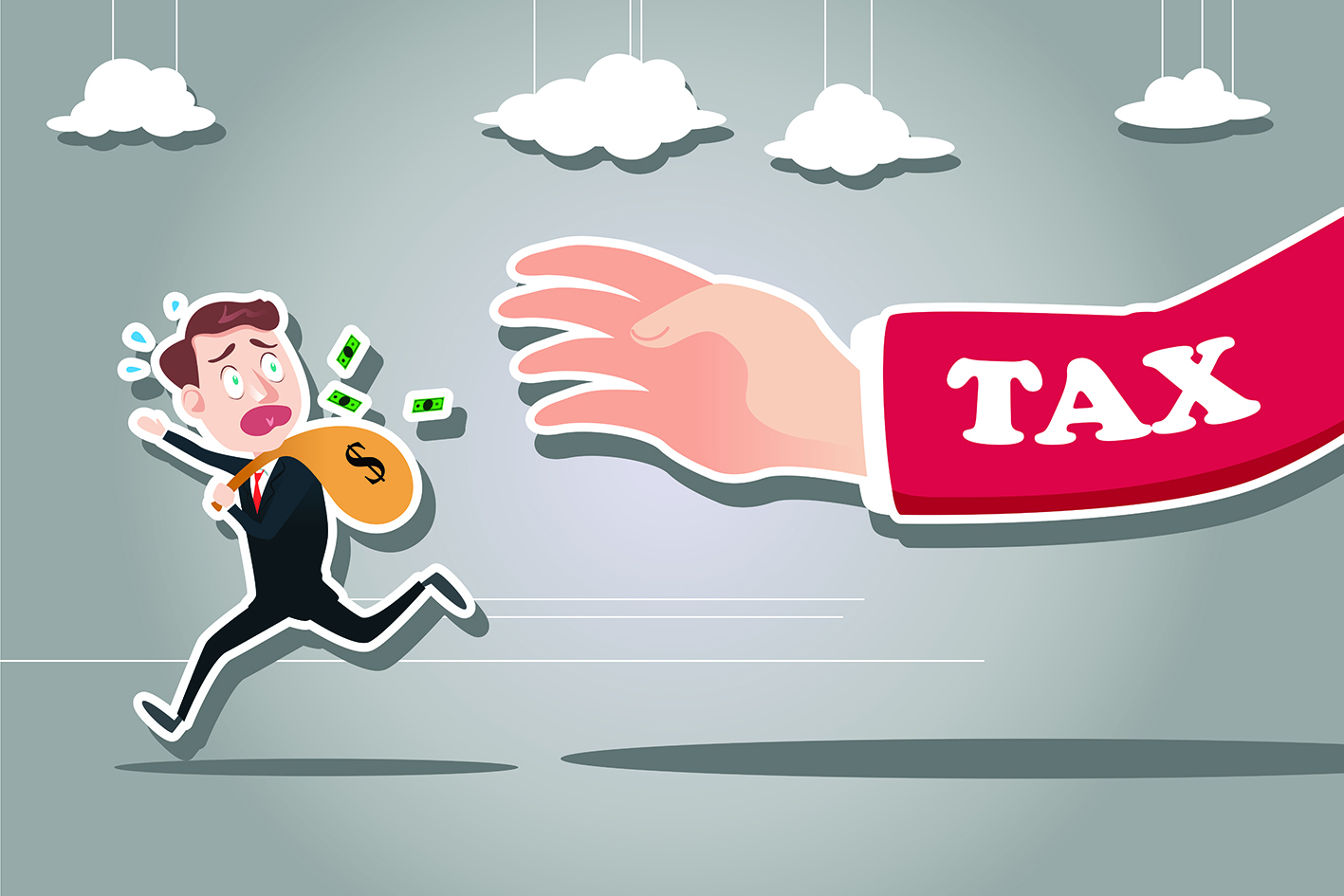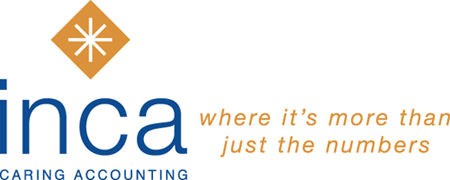Is your business VAT registered? If it is, you need to be aware of a recent change HMRC has made to how late VAT returns are treated.
Filing VAT returns on time and promptly settling liabilities have always been essential responsibilities, but this latest change to the central assessment process makes them even more critical.
HMRC’s central assessment process: An overview
The central assessment process is HMRC’s mechanism for assessing the VAT liability of businesses that fail to submit their VAT returns on time.
If your business misses the deadline for filing a VAT return, HMRC will raise a central assessment (also known as a ‘VAT notice of assessment of tax’) estimating your VAT liability due on the outstanding VAT return.
The estimate will usually be based on the VAT amount owed on your previous returns, but it’s worth being aware that there is some scope for variability in central assessments, and an estimate may deviate from the actual amount due.
If you receive an assessment estimating your liability to be more than the figure you owe, you’re likely to make every effort to submit your late return as quickly as possible in order to prevent HMRC from pursuing you for the higher figure. On the other hand, if you receive an assessment estimating your VAT liability to be less than what you know you owe, you might be tempted to pay the assessment rather than submit your overdue return. It would be an expensive mistake: HMRC levies a penalty on anyone failing to notify them within 30 days that the assessment they’ve received is lower than their actual liability. And the penalty can be up to 30% of the difference between the amount shown on the assessment and the actual VAT liability.
In any case, the amount your business owes will remain outstanding on your VAT account until you file your late return, at which point it will be cancelled.

What’s changed?
Historically, advice to business owners has been to submit their actual VAT return as soon as possible. Doing this would automatically cancel the central assessment – usually within the next working day. The estimate would be replaced in the VAT account by the actual figures submitted, and any checks on the submitted return would take place in due course.
However, the change recently implemented by HMRC significantly alters its procedure and means a central assessment may no longer be cancelled immediately upon submission of a late return.
This change could have profound implications for business owners who file a VAT return late and trigger an automatic central assessment to be raised by HMRC.
Under the new process, if you receive a central assessment, it will remain on your account until your late-filed VAT return has undergone complete processing. If, for any reason, your VAT return is subjected to compliance checks, the central assessment will not be removed from your VAT account until all of the compliance checks have been concluded. For as long as an assessment remains ‘live’ on your file, your business is likely to be the subject of scrutiny and possibly enforcement by HMRC.
How should you respond to this change?
HMRC’s changes to the central assessment process for late VAT returns are aimed at improving accuracy and reducing disputes. For business owners, this means a greater emphasis on keeping detailed records and ensuring timely submission of VAT returns.
You should always aim to keep on the right side of HMRC by making sure you submit your VAT returns on time. However, in the event you are late with a return and receive a central assessment, you should file your overdue return as a matter of urgency. If the assessment is more than your actual VAT liability, it might be advisable to settle the estimated figure. Doing this should deter HMRC from taking any action and mitigate potential penalties. Once the VAT return is processed, any overpayment you have made should be reimbursed by HMRC.
Do You Need Help or Advice About VAT?
Staying compliant with your VAT obligations is a legal requirement – but it’s also good business practice. Doing so will ensure you avoid penalties, minimise disruptions, foster a positive relationship with HMRC and contribute to the overall success and sustainability of your enterprise.
If you have a query regarding reporting VAT or need advice on liaising with HMRC on a VAT issue, Inca can help. Call us today on 01235 868888 or email us at [email protected]
Related resources
I am text block. Click edit button to change this text. Lorem ipsum dolor sit amet, consectetur adipiscing elit. Ut elit tellus, luctus nec ullamcorper mattis, pulvinar dapibus leo.




